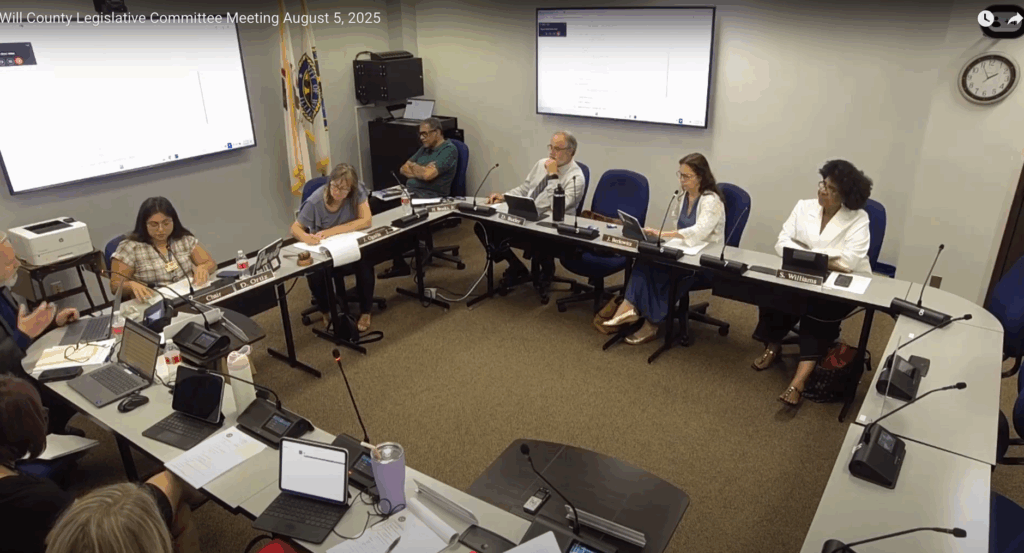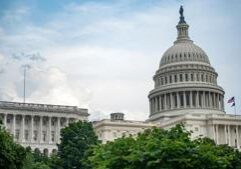
Lawmakers seek to offer immigrants temporary legal status
A bipartisan group of lawmakers have introduced a bill to offer immigrants the opportunity to live and work in the United States legally.
The Dignity Act of 2025 establishes a seven year temporary legal status program allowing immigrants to live and work legally based on the completion of certain tasks.
“We can enact legislation that incorporates both humanity and security, and the Dignity Act of 2025 offers a balanced approach that restores dignity to people who have tried to navigate a broken system for far too long,” said U.S. Rep. Veronica Escobar, D-Texas, a cosponsor of the bill.
The seven year temporary legal status is only offered to immigrants who have been in the country for five years or more. The program requires immigrants to pass a criminal background check, pay $7,000 in restitution over seven years, receive no federal benefits or entitlements and offers no path to citizenship.
“I’ve heard a lot of frustration, both from employers struggling to fill jobs and families looking to reunite with their loved ones,” said U.S. Rep. Mike Lawler, R-NY. “We must do this by fixing our broken legal immigration system, securing our borders, and creating a fair, earned process for those who are already here and contributing.”
The bill would also maintain southern border security measures, implement nationwide mandatory E-verify and expedite asylum processing. However, the bill claims it will not cost more for taxpayers because it will be funded through restitution payments from immigrants seeking temporary legal status.
“The Dignity Act of 2025 is a revolutionary bill that offers the solution to our immigration crisis: secure the border, stop illegal immigration, and provide an earned opportunity for long-term immigrants to stay here and work,” said Rep. Maria Salazar, R-Fla.
The bill claims it will increase availability and processing of legal status for immigrants that go through its seven year process.
Jeff Wasden, president of the business advocacy group State Business Executives, said the Trump administration has done well in securing the border and proposals like the Dignity Act are the next step to capitalize on economic growth from legal immigration pathways.
“Let’s keep focusing on the next important issues that impact communities and the business sectors and industries so critically,” Wasden said.
Wasden highlighted the importance of increasing legal pathways for workers in the hospitality and service industries, especially as the United States prepares to host events like the World Cup and the Olympics. He said these events will need significant amounts of labor dedicated to them and allowing more flexibility with legal pathways can help.
While the 2025 bill has received bipartisan support, an iteration of the proposal in 2023 did not receive a vote and failed to pass. Given mixed responses in previous years, it is unclear if the Dignity Act of 2025 will be able to cross this same threshold, since previous iterations have not succeeded.
Latest News Stories

Township Appoints Temporary FOIA Officer During Trustee’s Leave of Absence

Meeting Summary and Briefs: Green Garden Township Board for August 11, 2025

About Us

Everyday Economics: CPI takes center stage as tariff-driven price pressures mount

Net negative migration is harmful to the economy, economists say

Details pending on billions in foreign investments coming from trade deals
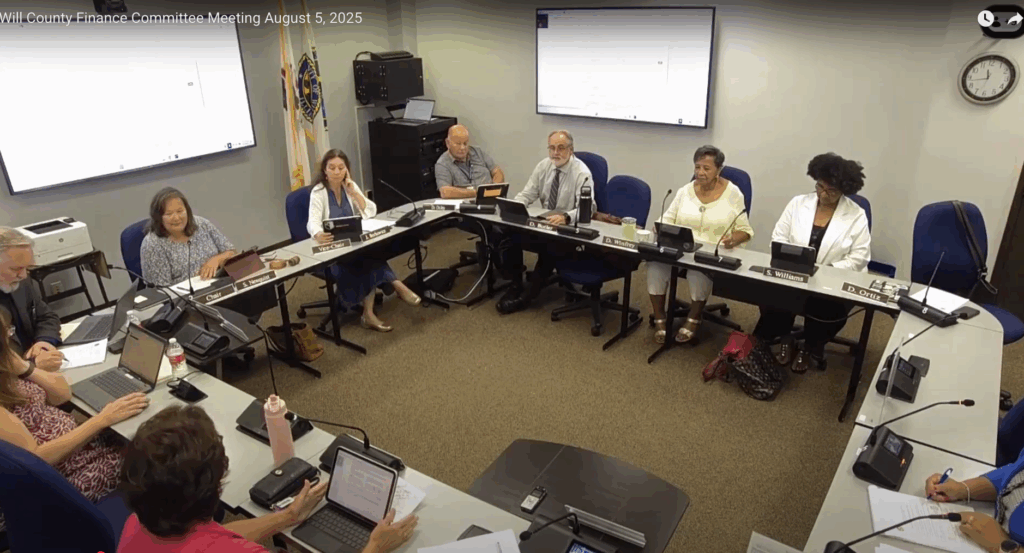
Will County Health Department Seeks $1 Million to Avert ‘Drastic’ Service Cuts from Expiring Grants
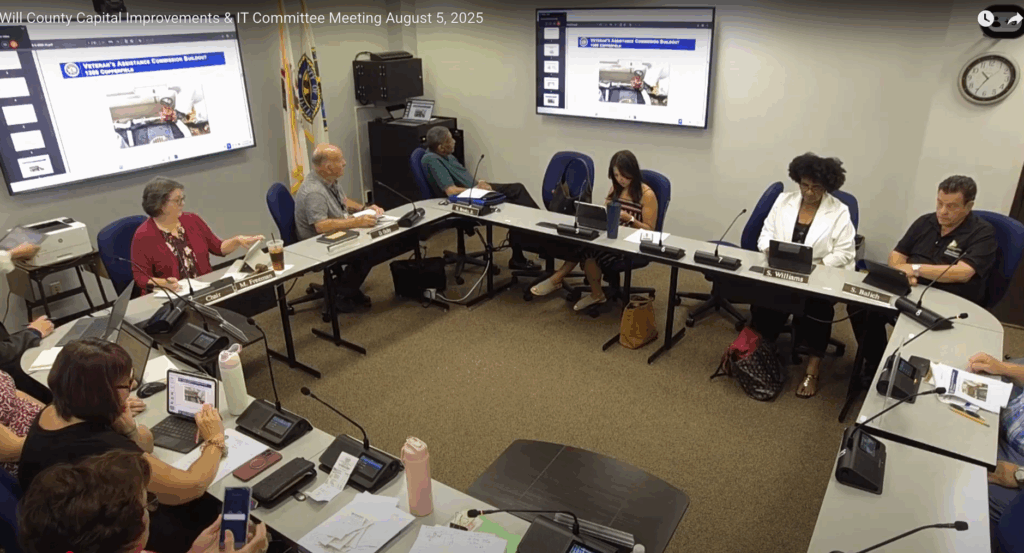
Will County’s “First-in-Nation” Veterans Center to House Workforce Services, Sparking Debate
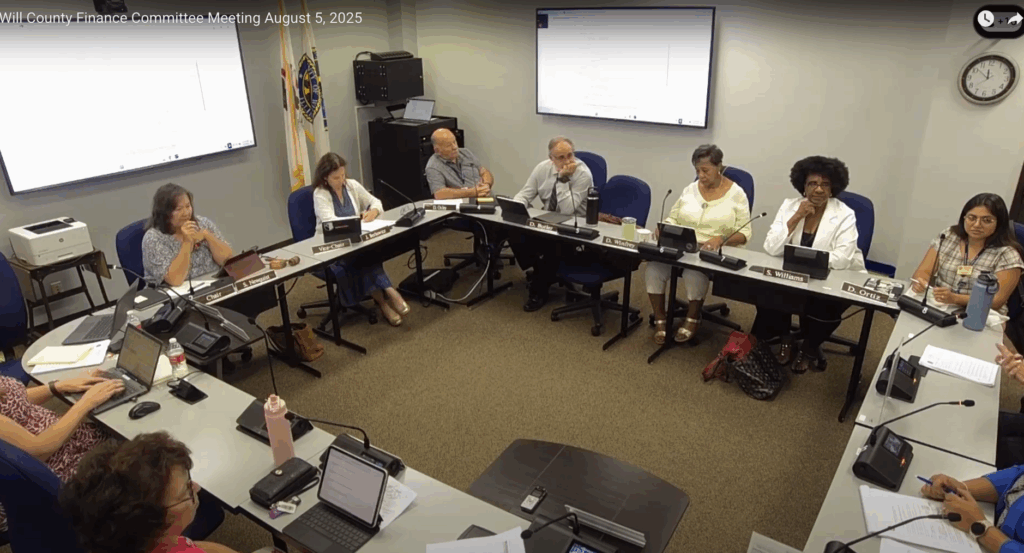
Improved Vendor Service Creates $1.2 Million Shortfall in Sheriff’s Medical Budget
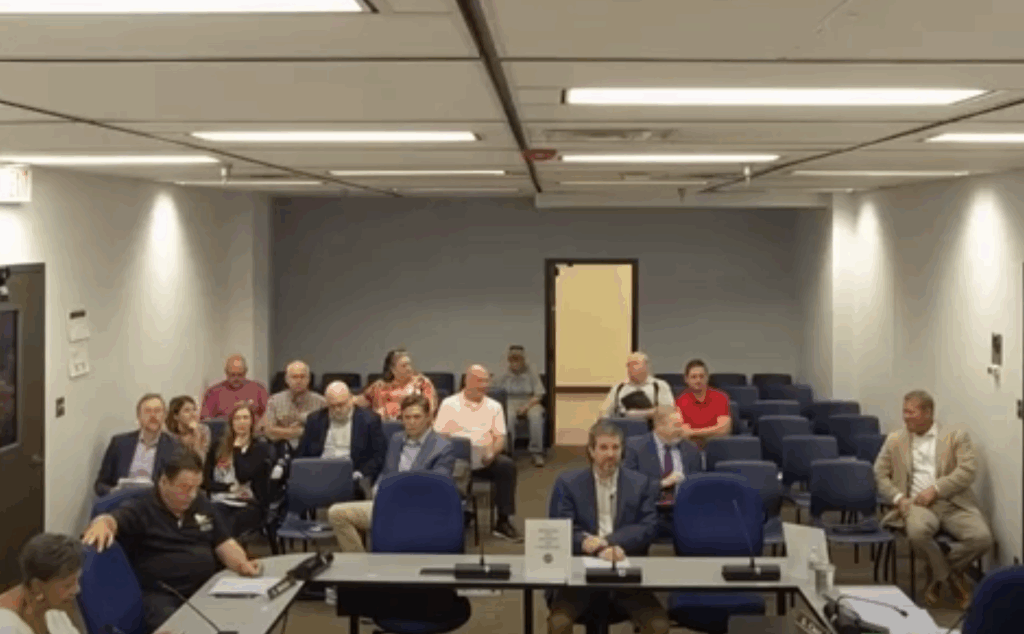
Will County Public Works Committee Unveils 25-Year Transportation Plan, Projects $258 Million Gap
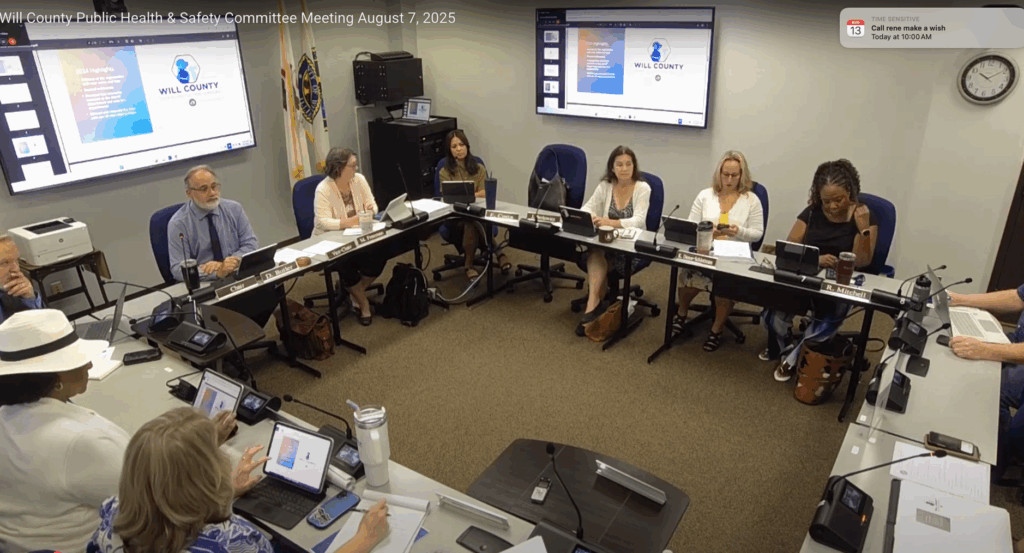
Will County Animal Protection Services Seeks New Facility Amid “Gaping Wound” of Space Crisis
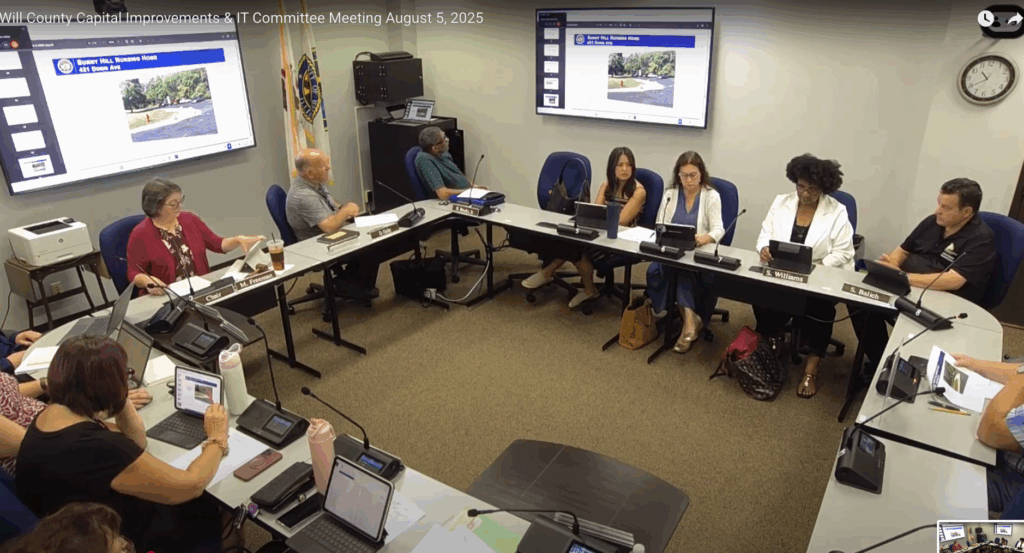
Board Confronts Animal Services Crowding, Explores Future Facility Options
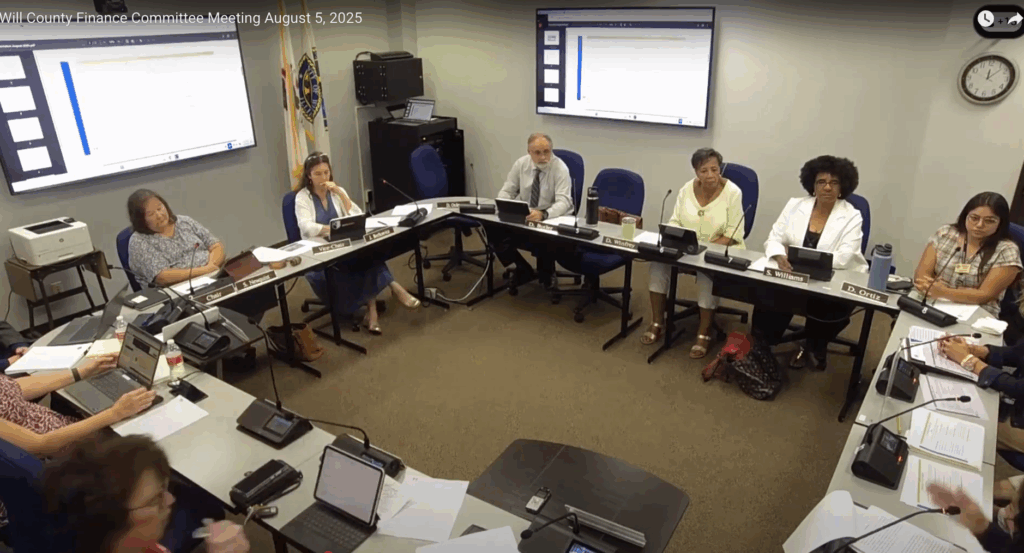
Will County Board Members Demand Transparency in Cannabis Tax Fund Allocation
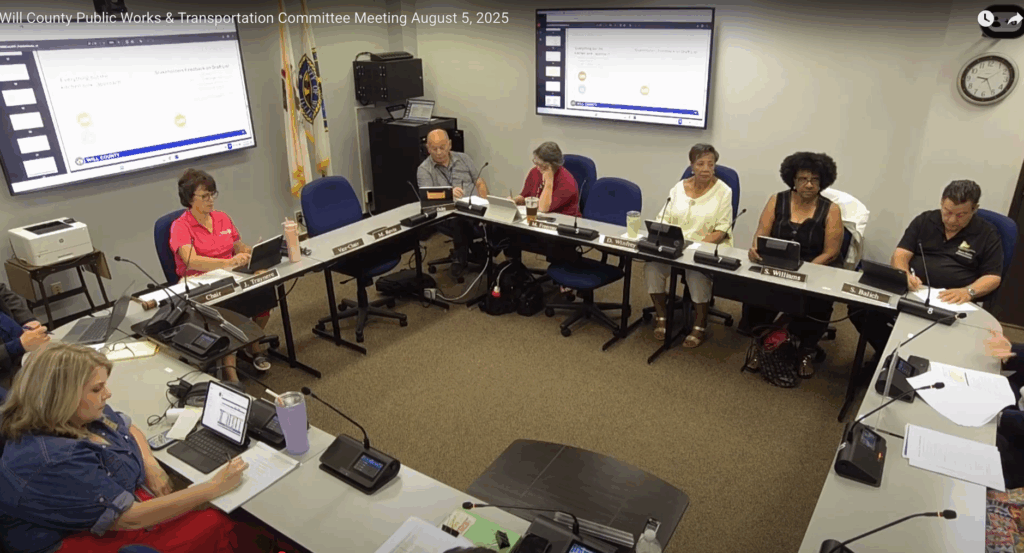
Homer Glenn Residents Push Back on 143rd Street Widening as Officials Signal “Tentative Agreement”
